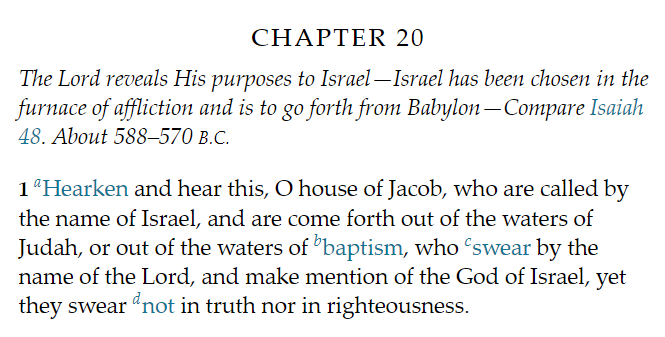
Lehi's Journey in 1 Nephi is an odd fusion of the Exodus and the age of exploration wandering through the Arabian peninsula and then across the Atlantic ocean, navigated with mysterious #scifi objects like the Liahona compass. It has the hallmarks of apocalyptic 19th c. americana 

Joseph Smith is believed to have found the Liahona (with the gold plates) that is like a magic 8-ball with changing words that includes a compass that works if you don't grumble. As I read #TheBookOfMormon I find gold nuggets every time I google an oddity mentioned in it. 

It's fascinating that Lehi's Journey traverses a similar route as the Prophet Muhammad through the region of Medina and Mecca, and ending in "Bountiful" (a land of milk and honey) possibly in Yemen/Oman.
The book of mormon and the quran share somewhat similar theories of inspiration, as both holy books claim a dictation theory of inspiration. However, the Qur'an has secondary knowledge of the Christian bible, and Book of Mormon references passages of the bible in detail often.
As Nephi arrives in bountiful, he beings to construct a ship with references to Noah's construction of the ark mingled with continued exodus themes and references to Moses (such as crossing the re[e]d sea)
It's hard not to conclude that that 1 Nephi is a reflection of Joseph Smith's self-understanding of his mission, as he establishes his own religious community in opposition from his internal family and external community. All of which in the background of american colonization.
#TheBookOfMormon includes a handful of illustrations that includes "Lehi in the Wilderness Discovers the Liahona" (1 Nephi 16) by Arnold Friberg. 

• • •
Missing some Tweet in this thread? You can try to
force a refresh




